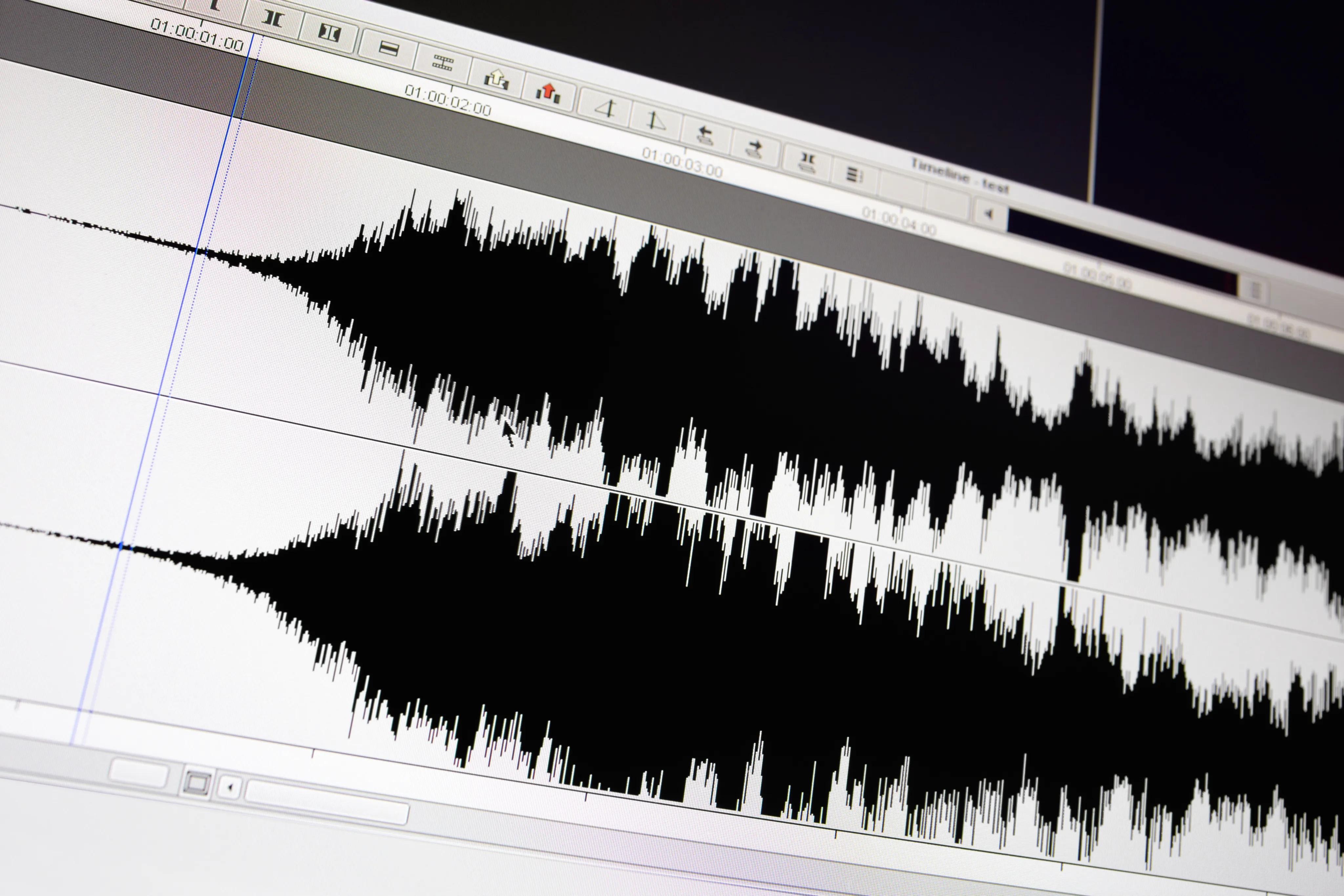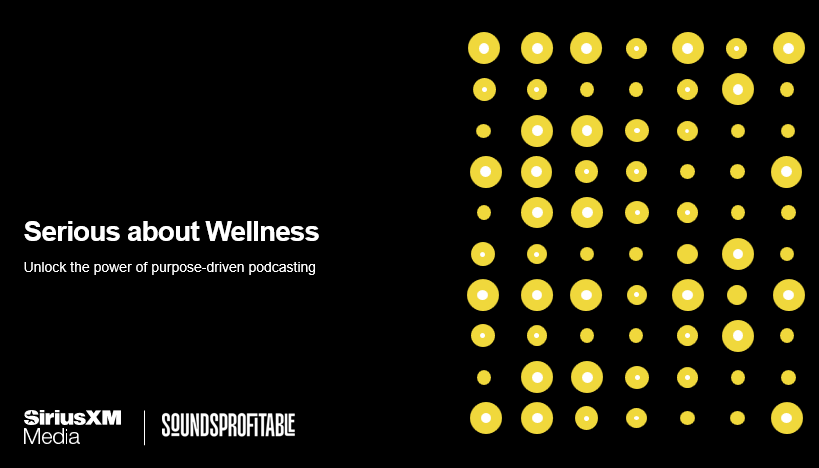This week: Amazon Prime users get ad-free podcasts and music, Buzzsprout combats email spam, new ad placements at Apple cause brand safety issue, and a roundup of the three new podcast research studies.
Amazon Music adds entire music catalog, ad-free podcasts.
Manuela: On Tuesday David Pierce, writing for The Verge, covered the changes coming to Amazon Prime subscribers.
Previously, Amazon Prime members had access to a limited batch of 2 million songs from Amazon Music’s extensive library. Now they have access to all 100 million songs in a limited shuffle-only capacity, similar to how a Spotify free account currently works.
The big change makes the Amazon Prime music offerings comparable to a free Spotify account. However, Amazon Prime members also get ad-free access to a fair few major podcasts. This includes podcasts produced by Amazon-owned companies like Wondery, as well as podcasts produced in partnership with outside companies, including NPR, ESPN, and the New York Times.
“Amazon is also working on podcast discovery. It’s rolling out a new feature called Podcast Previews, which seems to be something like trailers for podcast episodes. You’ll be able to listen to “a short, digestible soundbite” before deciding to dive into an episode, which Amazon thinks could help discovery.”
Pierce says the feature is billed as being “swipeable” and summarizes it as ‘Tinder for podcasts.’
Sounds Profitable asked several large publishers and hosting platforms for their percentage of downloads from Amazon Music. All were below 1% of monthly volume. Giving Amazon’s over 250 million Prime subscribers ad-free access to podcasts might bring that percentage up soon.
In addition to the Prime members, those who pay the $9 monthly subscription fee for Amazon Music Unlimited but do not have Prime get access to the ad-free podcast listening and Podcast Previews tool.
Buzzsprout ‘fighting back against email spam.’
Shreya: This Monday, Buzzsprout posted a short update announcing a significant update to how they’re distributing RSS feeds.
“Email spam has increasingly become an issue for podcasters. Spammers and bots routinely scrape RSS feeds to collect podcasters’ email addresses and send them junk emails.”
The inclusion of a producer’s email in the RSS feed has been a mixed bag in recent years. As Buzzsprout says, making it easily available leaves the door open for companies scraping data to create massive databases of email addresses specifically to cold-call in hopes of selling something relevant to podcasters.
On the other hand, anyone who has produced a podcast knows the RSS email is an integral part of the process, with many platforms sending an email to that address with a verification link to prove the person claiming they own the RSS feed is legitimate.
Buzzsprout’s solution to that issue is simple: a new button has been added to the dashboard that puts the account owner’s email back into the RSS feed for 24 hours, enough time to verify the podcast
Barring any teething troubles with the 24 hour temporary email addition process, it seems like Buzzsprout has found an elegant solution to an inelegant problem.
Apple’s new ad placements immediately caused a brand safety crisis
Manuela: As covered in past episodes of The Download, Apple has been interested in expanding advertising offerings on its platforms. This Monday Insider Intelligence’s Daniel Konstantinovic posted coverage of a brand safety speedbump Apple encountered when rolling out new ad locations on the App Store.
One of the new ad spots is in the “you might also like” section recommending similar apps, allowing advertisers to promote their own app. On the 25th when the ads went live, users began to notice inappropriate advertisements appearing on the platform. The chief example of this provided in the article is an ad for the game Jackpot World – Slot Machines on the page for RecoverMe, a gambling addiction management app.
“The influx of gambling ads led to an outcry from developers, who didn’t want their apps associated with such services, and prompted Apple to indefinitely pause ads in the gambling category.”
Podcasting is no stranger to this kind of hiccup. Back in May, Spotify experienced an issue with their implementation of ads on podcast pages, leading to one Wild Turkey whiskey ad getting served to every podcast on the platform, including those about substance abuse and alcoholism, causing a small social media firestorm.
Growing pains happen with large platforms rolling out changes like this. In-depth rules and hands-on verification helps reduce issues when rolling out a new moving part, like ads on every app listing. Apple is looking into expanding similar ads into Apple Podcasts.
It’s best to keep aware of how these changes happen and be comfortable reporting on them as they happen. Apple certainly doesn’t want their own version of Spotify’s whiskey snafu, but it doesn’t hurt to keep an eye out when ad changes debut on any platform.
Podcasting Research Roundup
Shreya: Over the past week three new studies relevant to podcasting have been released, so before we close out with Quick Hits here’s a brief rundown of what has just hit the airwaves.
The IAB New Zealand has published The Evolution of Audio 2022, built with data collected from 95 survey respondents in late August and early September.
“Respondents are decision makers or influencers in the allocation of marketing
spend across audio advertising including media buyers and publishers and sales
Teams.”
The survey came back with promising data, including several metrics reflecting New Zealand ad buyers have used ads in broadcast streaming and podcasting more than their Australian counterparts.
Then there’s The Spoken Word 2022, from NPR and Edison Research. This edition comes with a special focus on younger demographics and how they interact with spoken word content. The study found a 214% increase in spoken word consumption in the 13 to 24 year old demographic compared to data from 2014.
According to The Spoken Word, an estimated 131 million people in the US over the age of 13 listen to spoken word content on a daily basis, an increase of 26 million over eight years.
And finally, the Q3 version of Magellan AI’s Podcast advertising benchmark report is here. The report examined over 78,000 episodes of popular podcasts to get a snapshot of the state of podcast advertising.
Notable findings include 1,878 new brands or products advertised with podcasts for the first time this quarter, a 2.6% increase quarter over quarter in podcast ad ok spending, and 36% of ads were thirty seconds in length.
Quick Hits
Shreya: Finally, it’s time for our semi-regular roundup of articles we’re calling Quick Hits. These are articles that didn’t quite make the cut for today’s episode, but are still worth including in your weekend reading. This week:
Audiences say advertisers shouldn’t avoid hard news, like war or COVID by Ryan Barwick for Marketing Brew. The results of a survey published by the Trustworthy Accountability Group and the Brand Safety Institute suggest audiences are of the opinion ads should be served on all high-quality journalism, regardless of story content.
TikTok developer ByteDance is hiring someone for Podcast Business Development. Two weeks ago we covered the breadcrumb trail of evidence showing TikTok is taking steps to get into podcasting in the near future. Recently, a job posting has appeared on the ByteDance website aiming to hire someone with at least five years of podcast licensing or podcast digital business development experience.
Market Enginuity Podcast Group becomes Soundrise, offering a “revenue-focused partner for values-aligned podcast partners.”


 "
"



